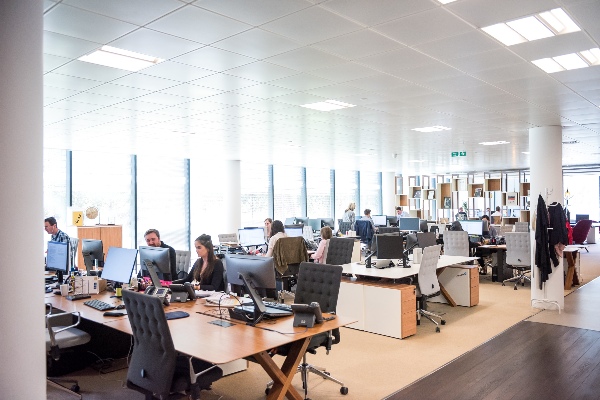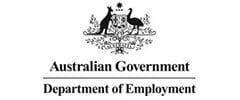In this coaching café we take a look at a commonly discussed topic: mental health in the workplace.
We got a few questions from the alumni beforehand and in this blog we want to answer those questions, plus a few more than attendees gave us live on the call.
Listen to the Coaching Cafe podcasts
What are we trying to achieve with mental health in the workplace?
My thoughts here are really straightforward – that what we need to achieve is mental health being treated nearly the same as we treat physical health. I say nearly, because physical health and mental health are different. However when we think about it, both are health issues and should be responded to equally.
We have a legal obligation in our workplaces to ensure that all aspects of our teams health is cared for and protected – and that includes their mental health.
Further, we need the same level of fluency around mental health and safety as we do for physical health and safety. We need to have in place the training and skills to support good, positive mental health, like Mental Health First Aid training.
What are some options for supporting my dispersed team and making them feel connected?
This question was posed during the session by someone who has an internationally dispersed team.
It is a really great idea to go directly to your team and ask them how they experience connection. It’s different for everyone. How we feel connection might be very different to the way our teams feel connection. And if we are planning programs or events to build that sense of connection, and they don’t cater to the way our teams experience feeling connected, it can be like we never ever did anything at all.
Build into your planning the method and the mode. If your team is dispersed, perhaps it’s regular zoom catch ups, or regular leadership updates.
The essential question to ask yourself is “Are we providing what our teams need and want, to feel connected to the business?”.
What is really happening with mental health?
What are some good approaches to wellbeing?
How do I support my team when they are struggling?
There is a growing difference in how we are talking about mental health. There is a common conversation happening that mental health is changing.
I think in reality there are a few things happening over the last few years, which when combined, give us a sense that mental health is changing.
There has definitely been a lowering of stigma around mental illness. This has brought with it an increase in help seeking behaviours, and people talking about their own mental health challenges.
Additionally, there has been a huge rise in the presence of risk factors for developing poor mental health and mental illness. People are more exposed to risk factors. Think about the impacts of the pandemic, job insecurity, floods, fires and the list goes on. As more people are exposed to risk factors, more people will experience poor mental health.
If we can keep decreasing stigma, and decrease risk factor exposure, then we will be in a position.
Closely linked to mental health is wellbeing. One of our participants asked for some ideas on how to implement wellbeing approaches into the workplace to sit alongside mental health first aid type interventions.
Creating an environment where wellbeing is promoted, is a great protective factor to ward off the risk factors of developing mental illness.
One great model for wellbeing is the PERMA model. It’s very evidence based and practical. PERMA stands for…
- Positive emotion
- Engagement
- Relationships
- Meaning
- Accomplishments
If you’re worried that one of your team might be experiencing some mental health problems, it’s important that you engage with them about how they are feeling.
And, that might sound tricky or scary. But with the right training (like MHFA training) we can learn how to do this.
We can’t go too wrong when we engage with someone in a respectful and rapport-filled way. If you aren’t feeling confident about how to do this, enrol in MHFA, or ask a colleague to help you out.
The important thing here is that you have the conversation. Ignoring the problem will not help it resolve.
Research has shown significant positive associations between each of the PERMA components and physical health, vitality, job satisfaction, life satisfaction, and commitment within organizations (Kern, Waters, Alder, & White, 2014).
PERMA is also a better predictor of psychological distress than previous reports of distress (Forgeard et al., 2011). This means that proactively working on the components of PERMA not only increases aspects of wellbeing, but also decreases psychological distress.
Here’s a great article about the PERMA model. You can also check out the 5 Ways to Wellbeing.
FREE Coaching Cafe Webinar
Every week our team of experts present “Coaching Cafe” webinar with topics for Managers, Leaders, Business Owners, and everyone who wants to be a better workplace coach, leading their teams to higher productivity, better outcomes and a happier, healthier workplace.









































